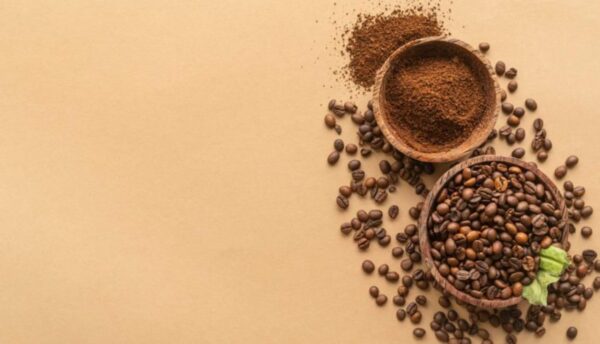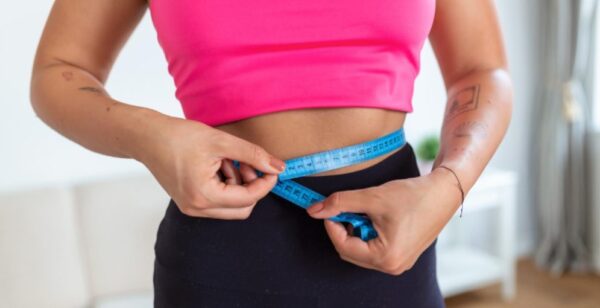Lifestyle
Is coffee good or bad for weight loss? Here’s all you need to know

Coffee drinkers who are trying to lose weight might wonder if that cup of java fits within their goals.
While coffee and weight loss might not be directly related, the beverage can have both exercise and fat-burning benefits — if it’s consumed healthfully.
Coffee and weight loss
More than half of American adults use coffee to start the day feeling sharp and energetic and turn to it throughout the day to combat sluggishness. According to the Annals of Internal Medicine 75 percent of Americans drink it every day.
Coffee contains the naturally occurring stimulant caffeine, which contains several supplementation benefits like being packed with polyphenols, which have antioxidant properties that prevent cell damage and contribute to overall health concluded a study published in February 2018 in the journal Antioxidants.
It’s the caffeine in coffee that’s been linked to aiding weight loss. The stimulant can suppress the appetite and induce thermogenesis, the process by which the body burns calories for energy, according to Katherine Zeratsky, RD, LD, of the Mayo Clinic. Fat loss has been linked to caffeine because it can fuel fat oxidation, which is the body’s way of burning fat for fuel.
A breakthrough study may soon lead to making some definitive links between coffee and weight loss. Researchers at the University of Nottingham, United Kingdom, found drinking coffee can stimulate brown fat, which burns calories.
Professor Michael Symonds, who codirected the study published in the June 2019 edition of Scientific Reports, said in a news release that it’s the first time any research shows brown fat is impacted by drinking coffee. However, more tests are needed to prove the researcher’s initial findings.
Coffee boosts exercise
Drinking a cup of coffee one hour before hitting the gym can help you work out longer at a higher rate of intensity, so you will burn more calories before getting tired, according to a February 2015 study published in the International Journal of Sport Nutrition and Exercise Metabolism. The calorie-burning effects last long after you’re done working out.
Additionally, an October 2014 study published in the Journal of Applied Physiology showed that caffeine can trigger dopamine, the chemical that makes you feel pleasure. This means you might just enjoy your workout more.
Coffee and weight gain
A cup of black coffee contains less than 3 calories. Therefore, coffee in your diet only becomes harmful to weight-loss goals when it’s loaded with sugar and cream. The American Heart Association recommends that sugar make up no more than 100 calories a day for women, or about 6 teaspoons of sugar.
For men, it’s 150 calories per day, or about 9 teaspoons. According to the Food and Drug Administration, most Americans consume about an extra 270 calories a day in sugar, including in sweetened coffee which can lead to weight gain.
It’s also the high amount of sugar in coffee creamer that can turn a cup of coffee into an unhealthy, calorie-packed beverage. Some creamers that are dairy-free are made with a combination of sugar and corn syrup. They can also contain trans fat, a leading cause of heart problems, so always double-check ingredient lists and nutritional labels.
While that cup of black coffee comes with a host of health benefits and can give your athletic performance a boost, there are warnings about drinking too much. According to the Food and Drug Administration, an adult can drink up to four cups of coffee a day without any health risks. It might be time to cut back if coffee makes you feel jittery, nauseated or speeds up your heart rate.










